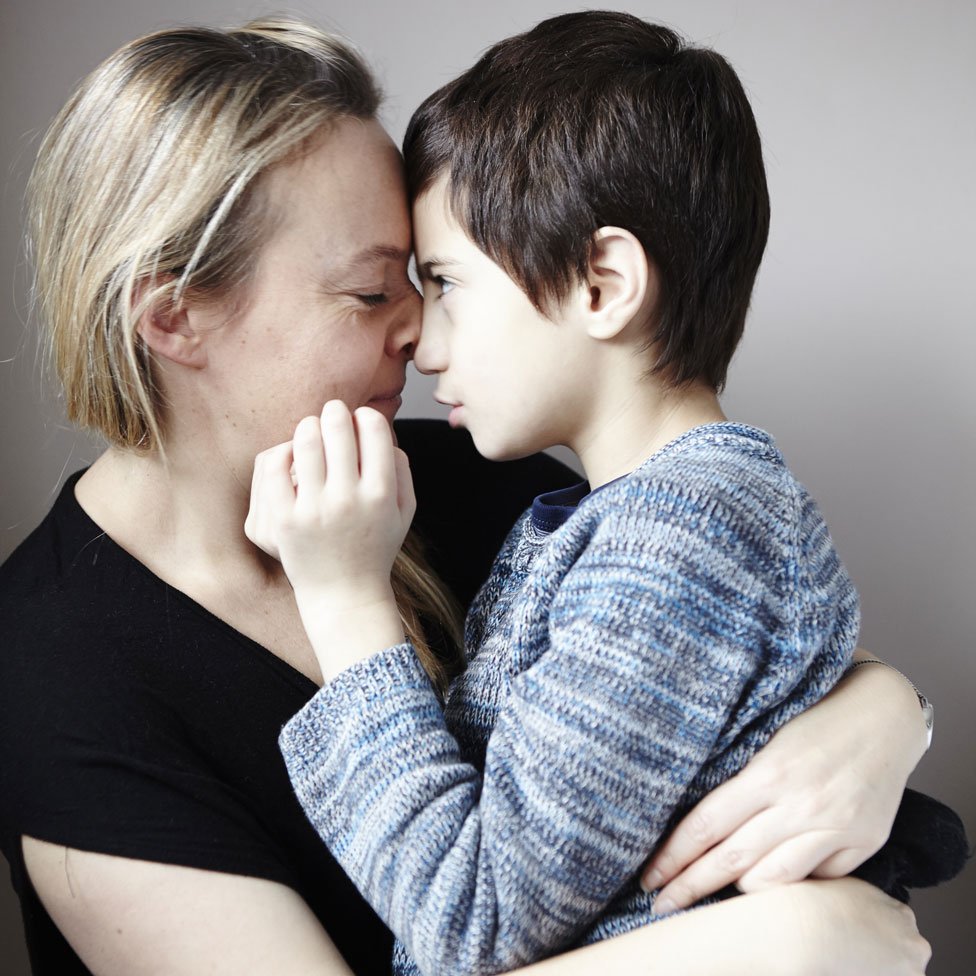

I was around 30 years old, years past my mother's death, when I first heard the term "young carer". I had spent much of my teenage years supporting her while she struggled with severe depression and alcoholism. She died by suicide when I was 22. Like many people, I thought the term "carer" only applied to those who provided intensive personal care - lifting in and out of bed, bathing and feeding the elderly or dying. I hadn't realised those long evenings spent by her bedside listening to her worries, the extra household duties I took on and all those times I crept into her bedroom after returning from school to check if she was still breathing, were considered caring.
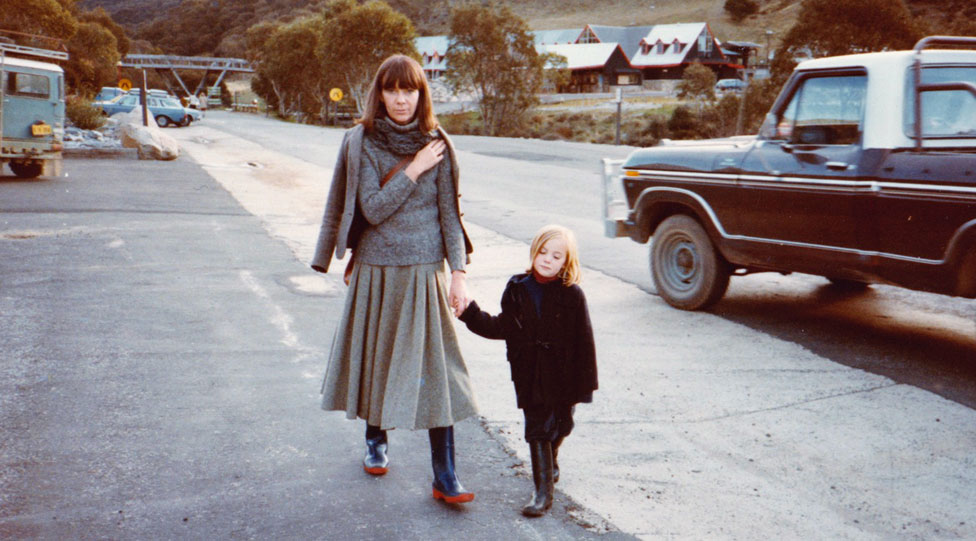
After my son Arthur was diagnosed as autistic when he was three years old, the full weight of my responsibilities as his carer hit me. I was 35 by then. As I lay awake at night, trying to adjust to the reality of this life-changing diagnosis, I was afraid, because I had been here before. Though on the surface the challenges facing my mother and my son couldn't have been more different, I knew what it was to hold someone else's life in my hands. The responsibility can be overwhelming. And yet, I had done it before.
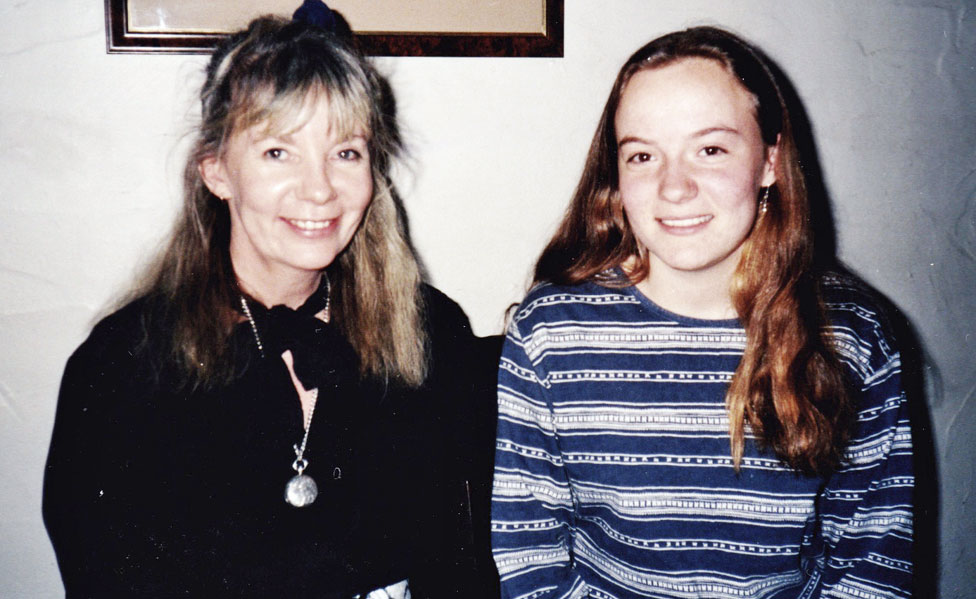
Many unpaid family carers struggle with the word "carer". Some have told me that the word makes them feel as though they are the rescuer and their loved one a victim, which is not reflective of their relationship at all. The word itself often conjures up images of parents and children, or the very elderly. One woman in her 30s told me that it felt as though describing her husband as her carer eclipsed their relationship as husband and wife. The way the word is used often implies that it is uni-directional, as though the care only goes from carer to the person needing support - when in reality care very often goes both ways.
- Listen to Penny Wincer speaking onBBC Radio 4's Four Thought
- You can also download the podcast
We as a society still largely portray disability to be a sad and bad thing. Stories about it are told through the lens of non-disabled writers and artists, who imagine being disabled to be the worst thing that could happen to you. It's a narrative that still looms large across the media, in personal family histories and in the whispered "I'm so sorry" and pitying looks when a disability is disclosed. In this world, where disabled people must still fight for even the most basic of rights, to be a carer is not a high-status position. And just like so much of the work that has traditionally been seen as feminine, care work is either low-paid or unpaid, and low-status.
As I adjusted to my son's diagnosis and the unknown future for both him and me, I realised that contrary to my initial fears, we were living a very happy life. In fact, I would even go so far as to say that I am as happy as anyone I know.
Our family life can be complicated and challenging. Everyday things that are quite straightforward for many families - play dates, family gatherings, a summer holiday, accessing education - these can often be extremely difficult for us. But somewhere along the way, I came to realise that our challenges (of which there are many) do not prevent us from having a full life. It turns out, you don't need fluent speech to have loving relationships, and far from making our lives miserable, some of the restrictions we live with mean a simplicity that many modern families crave and struggle to achieve.
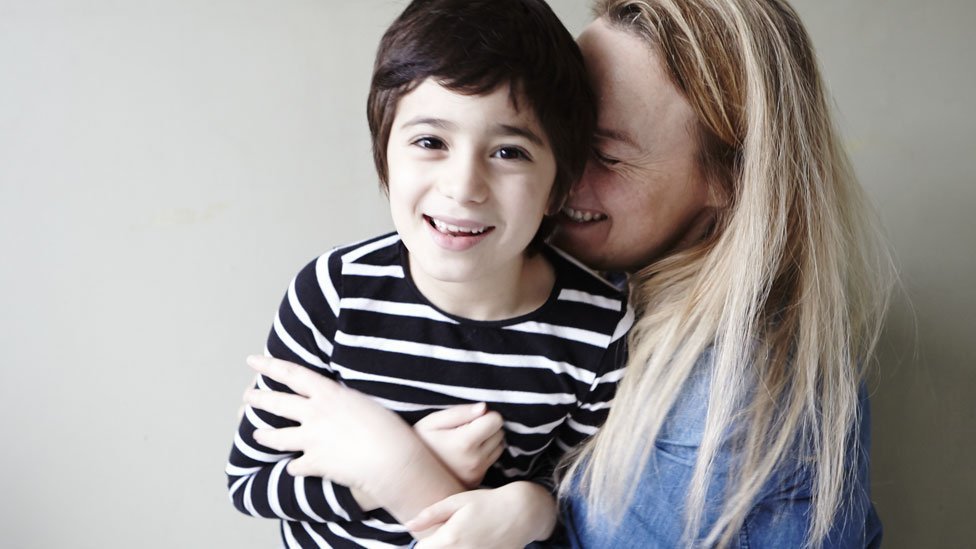
It was in this realisation that I knew that my initial fears were partly due to a mismatch between expectations and reality. As humans, we often have a lot of expectations and they are not always conscious. I had no idea that I expected I would have a child who could speak until I had one who could not. This expectation, that our reality should be other than it is, was a large part of the reason why I found the diagnosis hard at first. When I was able to let go of those expectations, I was freed from many of those worries.
There were, however, other very tangible reasons for my concerns about raising a disabled child. We live in a society that still treats people with learning disabilities appallingly. Their stories are rarely told and shared, their lives often very hidden. Some of my fears for my son were well-founded. According to recent research, his life is likely to be up to 20 years shorter than the lives of his non-disabled peers, simply because he has a moderate learning disability.
I have had to fight hard for an appropriate education for him. I am constantly struggling to get him access to things like occupational therapy, which improves his life enormously. And like most families that look like ours, getting enough respite to ensure that I am rested and I can earn a living to support my family is a constant fight. Unlike parents of non-disabled children, I am truly in this for the long haul and I will need to be well enough, and financially stable enough, to support my son indefinitely.
The act of care itself can be fulfilling, as well as incredibly lonely
If I separated out these very real fears from the imagined, what I saw was that it was largely society that was the problem, not my son's disability. And as his carer, the same is true for me. When the support is right, carers and the people they support can thrive. Of all the carers I have spoken with, not one of them told me they wished someone else would do it instead of them. But most of them said they needed more help, more breaks, more co-operation and less fighting for their loved one's basic rights.
Instead many feel abandoned, used as a money-saving option - they're asked to go above and beyond what any professional would be asked to do, and are required to burn out before being offered anything near appropriate support. It is a short-termism that is dangerous to both the person needing support and the carer themselves. If we as carers are not well, at some point we will no longer be able to provide any support at all.
One of the greatest gifts that came from supporting my mother was a deep understanding of the importance of self-care. She became unwell when I was around 11 years old. By the time I was 13 she was having regular stints in psychiatric units and struggling to leave her bedroom, often for weeks at a time. Over the following years we spoke a lot about her illness and she had many regrets. She wished she had paid attention to herself earlier. The reasons for my mother's illness were complicated, of course, but she had put herself at the bottom of the pile for a long time and she felt that was, at least in part, the reason her illness spiralled so out of control when it did. She made me promise that I wouldn't make the same mistake, that I would listen to my body, that I would claim space for myself when I was a mother. It was a lesson I have not forgotten.
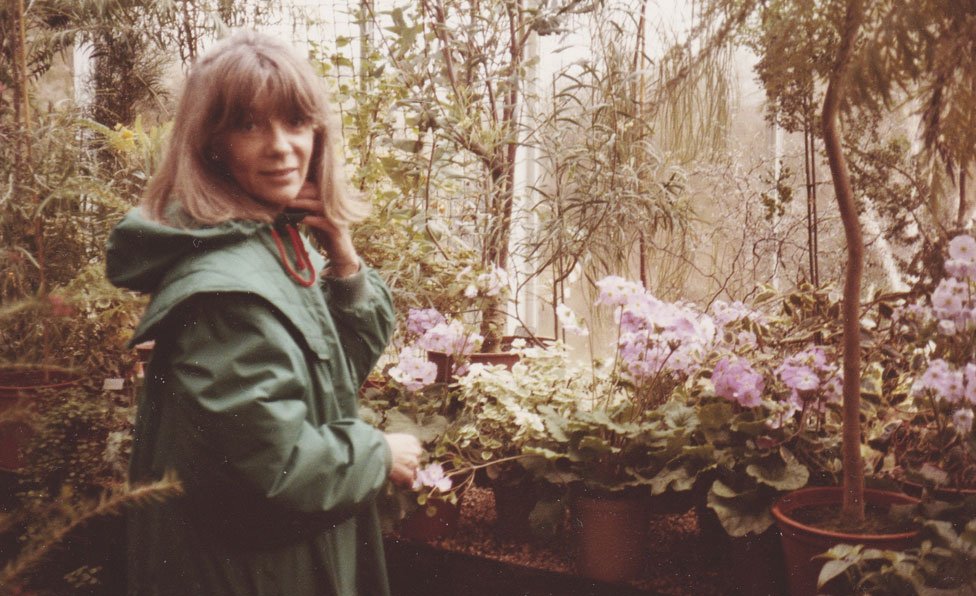
I believe my mother was correct. If you, as a main caregiver, suffer, everyone suffers. When we have someone so very dependent on us, we have a duty to care for ourselves. There is no room for martyrs. We must learn to fight (if we must) for the rest we need, to be able to continue to earn a living and to have lives that stretch beyond our roles as carers. To make our own needs clear, so that they don't become completely lost.
Continuing to work has been one way in which I have looked after myself. I'm very fortunate that I enjoy my work a lot, but it goes beyond that. In earning my own living I have autonomy, I can save for retirement, I can afford more support for myself and my son and I have the money I need to help us make the world a little more accessible for Arthur. It can cost up to three times as much to raise a disabled child as a non-disabled child and this is exacerbated by the fact that most mothers of disabled children have to give up work. Only 16% do any kind of paid work at all and only 4% work full time. There just isn't the adequate support for families in our position and it is mothers who pay the long-term financial price.
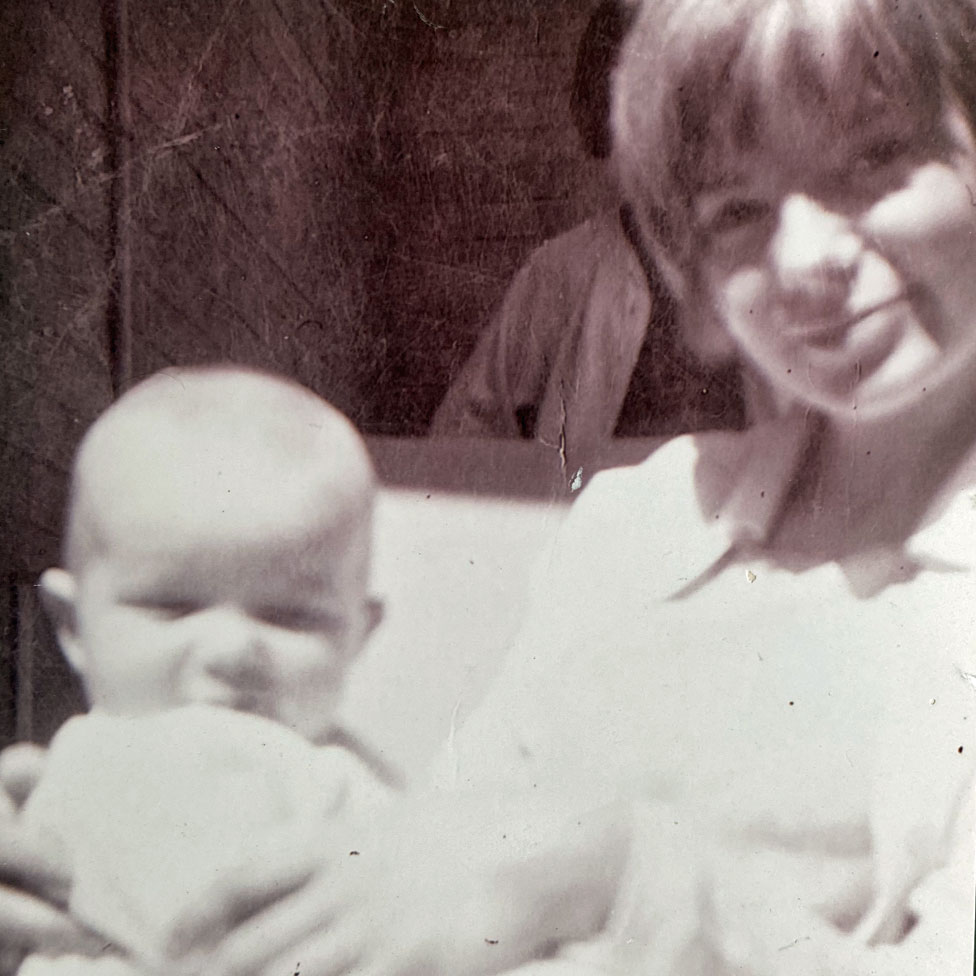
When I speak to other carers, I often hear a sense of guilt in their voices that they have any needs at all.
Part of the reason it can be so difficult talking about caring is because we have to admit we aren't always great at it. We get tired, we get frustrated and we get lonely. But meeting those needs can be too difficult. How do we follow advice to get some sleep when the person we support needs us throughout the night? How do we get adequate exercise when we can barely leave the house? How do we keep up with friends when we so often have to say no?
This is where the term "self-care", I think, is inadequate. The responsibility should not be ours alone, more things we must add to that never-ending to-do list. It is our collective responsibility to care for the carers. We cannot and should not be expected to do it alone.
Never has this been more apparent than this year. In March, at the beginning of lockdown, many of the estimated 6.5 million carers lost most or all of their support overnight. A report by Carers UK has found that 70% of carers increased the amount of care they were providing over lockdown and the majority said they felt overwhelmed and fearful they would experience burnout. When local services and schools close and when paid carers cannot work, it is the unpaid carers who pick up all those responsibilities, often alone.
This year has been more challenging than any since my son's diagnosis. I, like many carers I have spoken to, have felt a sense of grief akin to those early days, when I felt so overwhelmed that I was afraid it would swallow me whole. As a family, we are incredibly dependent on the outside world. My son's school provides far more than education. It is where he receives support and therapy beyond what I, as a single parent, can provide. Our paid carers who come in to support us do far more than allow me to work. Their presence means our world is larger and more accessible for my son. We are a family very much dependent on the support of our community. Without it I fear what is needed from me will overwhelm me.
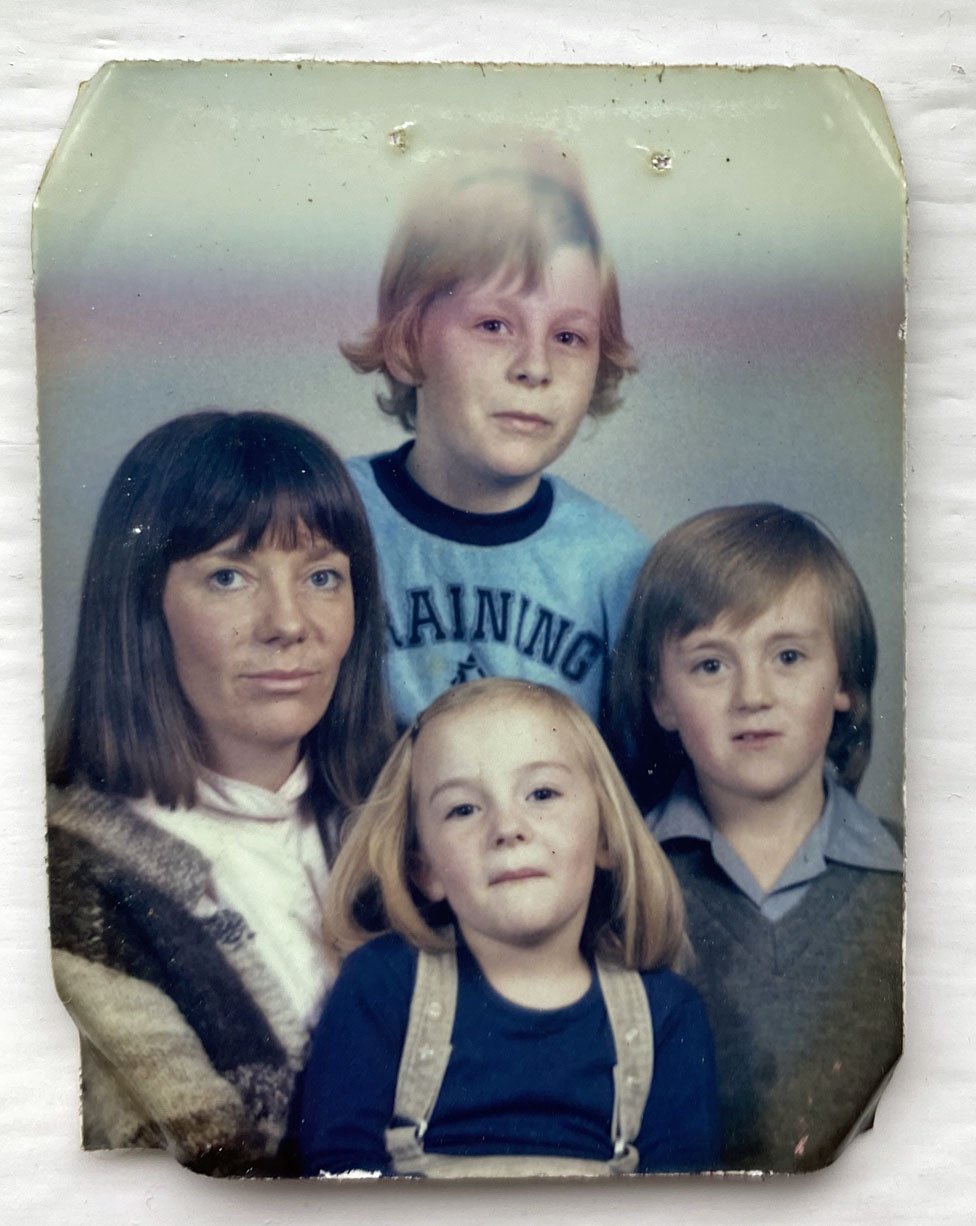

The current crisis is far from over, and it is one that came on top of a social care crisis that was already growing. Carers need more tangible support. But though that may be outside of our immediate control, what we can give ourselves right now, is compassion. Compassion, as we find ourselves exhausted and worried for our own health. Space to allow ourselves to say: "It's OK to find it hard." Permission to feel grief over the losses we are experiencing - the loss of respite, of proper rest and the loss of all those hard-fought-for services that could disappear again at any moment.
The act of caring for another human reveals many paradoxes. The loss of one expected future can reveal another that is perhaps more challenging and yet richer than we could have imagined. That the act of care itself can be both fulfilling as well as incredibly lonely. We revel in seemingly tiny gains and it can give us a fresh perspective on what it means to live a good life. When my son achieves a milestone that his peers have reached years before, we understand just how miraculous human development is - and celebrate accordingly. There is always so much to be grateful for. Caring can also make us face up to our biggest fears, whether that's because it will end in the death of someone we love, or because it will only end when we die, and our loved one will have to go on without our support.
When we amplify the voices of disabled people, we can help make the world more accessible for all. And when we share our stories as carers, we allow those around us to step up and support us in the often-intense job of caring for someone we love.
You may also be interested in:
From the age of 12, writer Rhiannon Lucy Cosslett helped look after her severely autistic brother. Like hundreds of thousands of other young carers, she took on major responsibilities early - and she says it was the defining experience of her life.
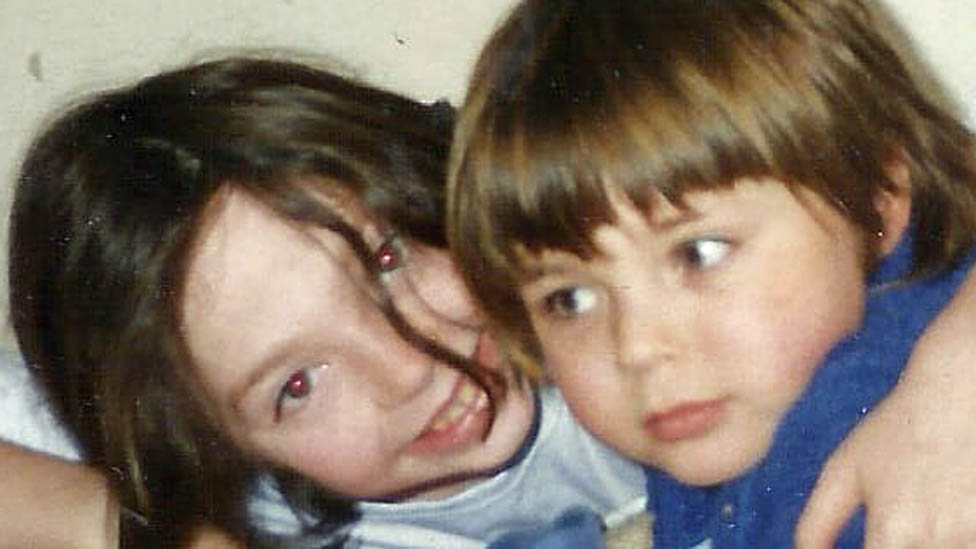
"caring" - Google News
November 26, 2020 at 09:49AM
https://ift.tt/3fA3xS2
'What caring for my mum taught me about caring for my son' - BBC News
"caring" - Google News
https://ift.tt/2z0ngcp
https://ift.tt/3fgQ2Gv
Bagikan Berita Ini














0 Response to "'What caring for my mum taught me about caring for my son' - BBC News"
Post a Comment